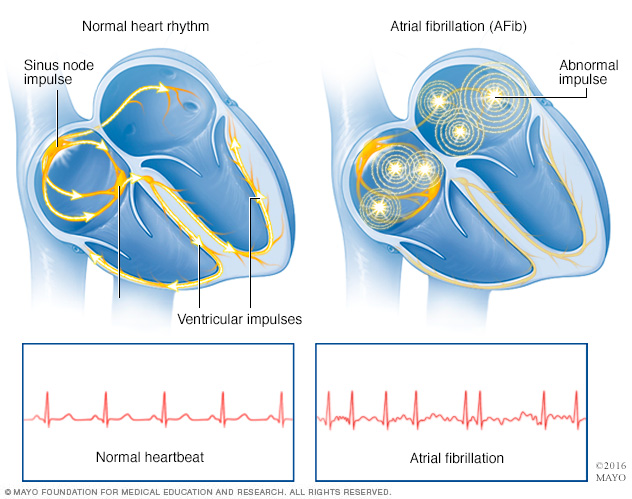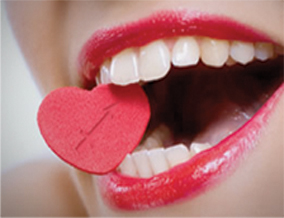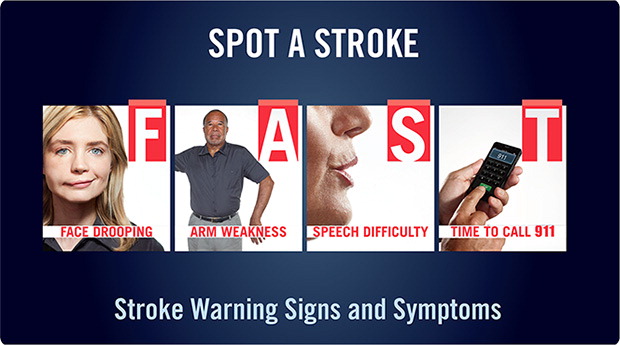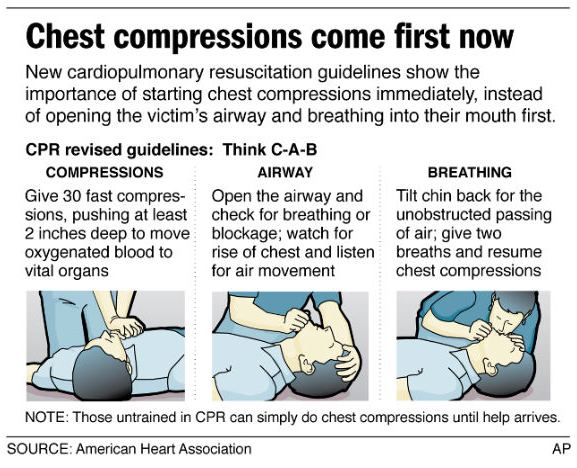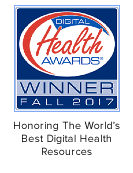The Signs And Symptoms
Of Heart Disease
Angina
Your Body’s Early Warning System
Recognizing angina and getting treated early may prevent a heart attack. The more time that passes without treatment, the greater the damage to the heart.
In Men And Women:
Angina Chest Pain May Feel Like:
- Tightness
- Pressure
- Discomfort
It May Occur: During physical activity and when you are stressed
In Women:
Angina Chest Pain May Also Include:
- Feeling out of breath
- Nausea
- Vomiting
- Gastric discomfort
- Sharp chest pain
If you or someone you know are experiencing any of the symptoms of angina, call 911 immediately.
Heart Attack
Every year about 720,000 Americans have a heart attack—two-thirds are a first heart attack, and one third are repeat heart attacks. Knowing the symptoms of a heart attack and getting immediate emergency treatment can limit or prevent heart muscle damage.
In Men:
The five most common symptoms of a heart attack are:
- Chest pressure or pain
- Shortness of breath
- Pain or discomfort in the arms or shoulder
- Pain or discomfort in the jaw, neck or back
- Feeling weak, lightheaded or nauseous
In Women:
The most commonly reported symptoms are:
- Unusual fatigue
- Sleep disturbance
- Shortness of breath
- Indigestion
If you or someone you know is experiencing symptoms of a heart attack, call 911 immediately. The faster people are treated for a heart attack, the better their chances of survival and good recovery.
Stroke
A stroke is like a heart attack that happens in the brain. To help you recognize the signs of stroke,
Think F-A-S-T
F: Facial signs of a stroke include drooping, weakness or numbness on just one side of the face. You may see an uneven smile.
A: Arm weakness or numbness on just one side of the body is another sign. Often if both arms are lifted, one will drift downward.
S: Speech is slurred or hard to understand or the person is unable to speak or accurately repeat a simple sentence. There is a lack of understanding about what’s going on.
T: Time is of the essence. If you see any of the above symptoms, call 911 even if the symptoms seem to go away. The affected person needs to get to the hospital FAST.
Additional signs:
- Inability to see or walk
- Dizziness
- Loss of balance
- Sudden severe headache with no known cause
- Inability to see or walk
- Dizziness
- Loss of balance
Sign-up For Free NewsMinder | Send A Free e-Card
What To Do If You Find Something? | How To Find A Health Professional
Doctor Visit Questionnaire | Fill out Your Family History Tree
Resources: NHIBI and American Heart Association (AHA)
Learn how to Reduce Your Risk of Heart Disease & Stroke





